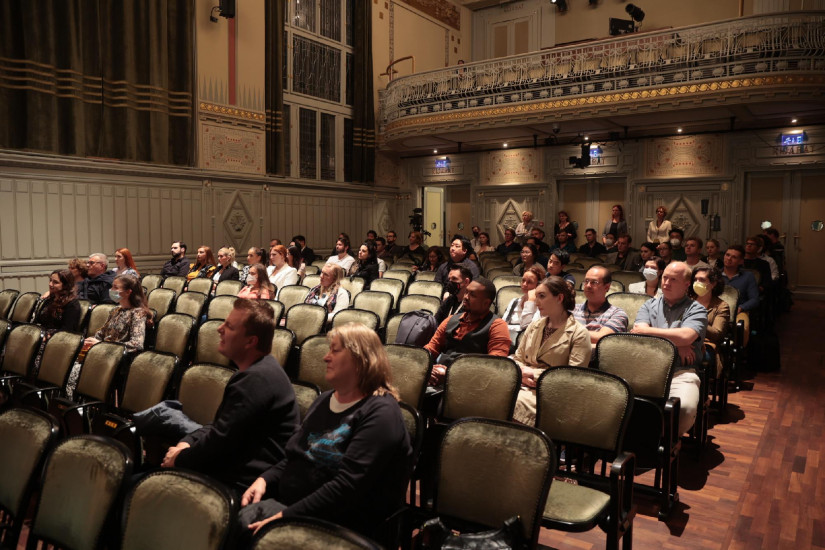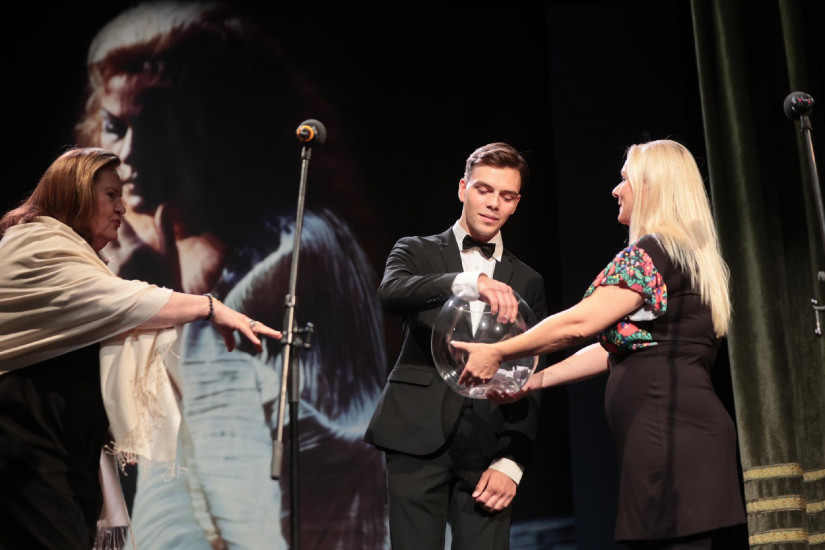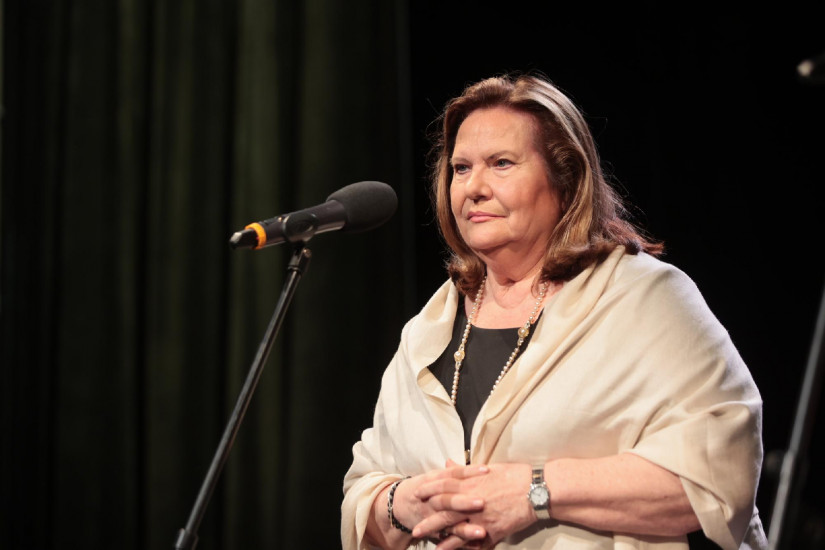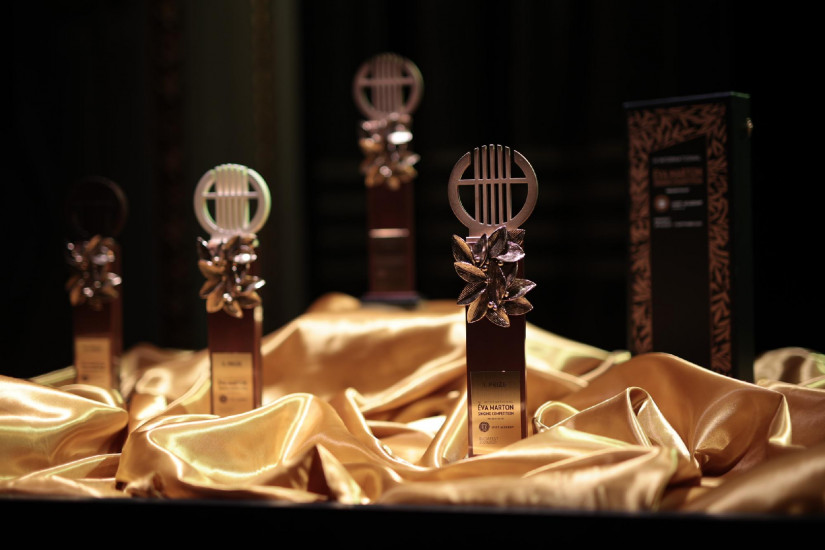The preliminaries began on the 4th Éva Marton International Singing Competition
The competition began on Sunday evening at the Liszt Academy with the determination of the order in which the competitors will perform.
"Welcome, I am happy that so many of you have come", said Éva Marton, greeting the competitors and their companions, and recalling the many difficulties of the past year and a half, which have also affected the artistic field. As she pointed out, in online classes it was difficult at first to make a personal connection with students, to keep their spirits up and to give them faith that the bad times will end, which are all very important to do. "You are young, and at the beginning of your careers. What I can perhaps offer you now is the encouragement that you have a future, so believe in yourselves," she stressed. She also talked about what she expects from the contestants: to recreate the inspiring moments through their personalities, because she already knows that the semi-finalists have beautiful voices. "Don't be nervous, and surprise me," she added. Éva Marton said that she believes that this competition is the next step in the competitors' careers, and that the prizes and the money they receive will give them the opportunity to further their studies and to take their careers to the next level.

In keeping with the tradition of the Academy's competitions, the youngest entrant, 20-year-old Ukrainian baritone Mykyta Kiyashchenko, drew the number of the first performer, Chinese soprano Viola Cheung. The other competitors will follow her in alphabetical order until the end of the alphabet, and then from the beginning again. This order will apply throughout the competition. The programme for the semi-finals consists of 32 Liszt songs and 125 arias from 88 operas. The contestants perform a Liszt song and then an aria of their choice they have chosen from two alternatives. They only perform the second one if the jury asks them to do so.

The first competitors already registered at the Competition Secretariat on Saturday, and several of them have already held a rehearsal. For this purpose, the organising Liszt Academy provides piano classrooms. In addition, everyone will have the opportunity to have a so-called acoustic rehearsal in the Solti Hall, where the semi-finals take place. For those who do not have a piano accompanist, the Liszt Academy provides one, and there are also hostesses who speak Chinese and Russian, for example. On arrival, the institute tested each competitor for COVID-19, and as everyone tested negative, they were all allowed to start the competition. As one of the judges, renowned Russian music teacher Larisa Gergieva, was only able to arrive in Budapest on Monday due to unexpected obstacles, there will be five semi-finals instead of the planned six, with the first one starting at 6 p.m. on Monday evening.

The semi-finals are entry free. Watch the live stream on the Éva Marton Singing Competition website, the Liszt Academy website, our YouTube channel, as well as the Éva Marton Singing Competition, the Papageno and the Liszt Academy Facebook pages. By clicking the link you can view the competition schedule, and tickets for the final and the gala are available here.



